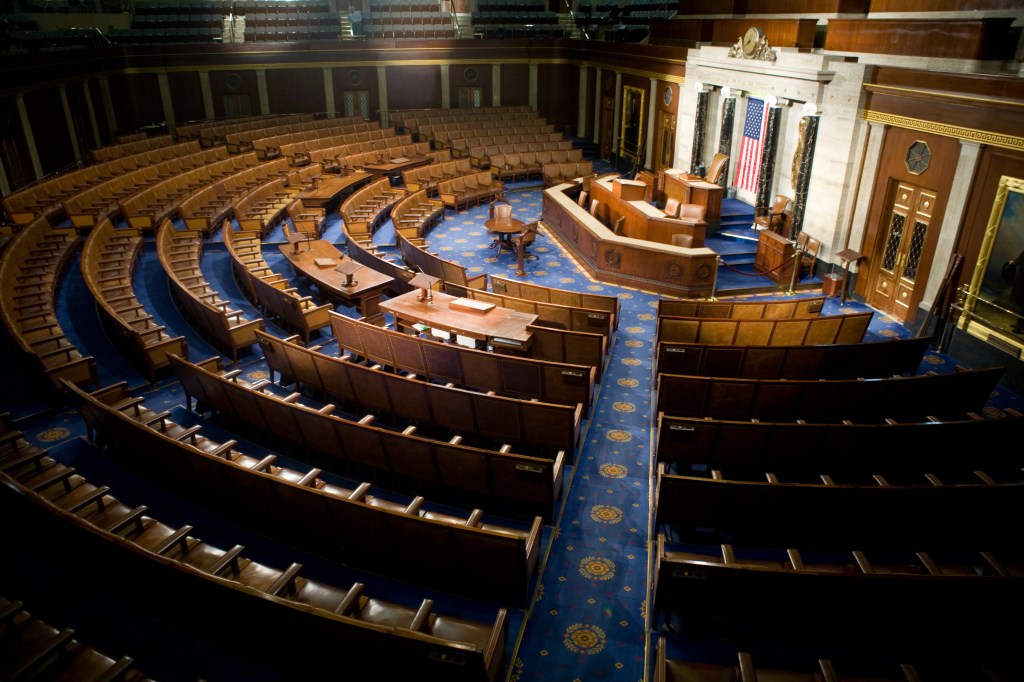Failure to effectively monitor statements made by social media influencers has resulted in a $350,000 fine for New York-based online brokerage Open to the Public Investing. According to the Financial Industry Regulatory Authority (FINRA), the fine has been issued after the company settled the matter without admitting or denying the findings.
Register for free to keep reading
To continue reading this article and unlock full access to GRIP, register now. You’ll enjoy free access to all content until our subscription service launches in early 2026.
- Unlimited access to industry insights
- Stay on top of key rules and regulatory changes with our Rules Navigator
- Ad-free experience with no distractions
- Regular podcasts from trusted external experts
- Fresh compliance and regulatory content every day













